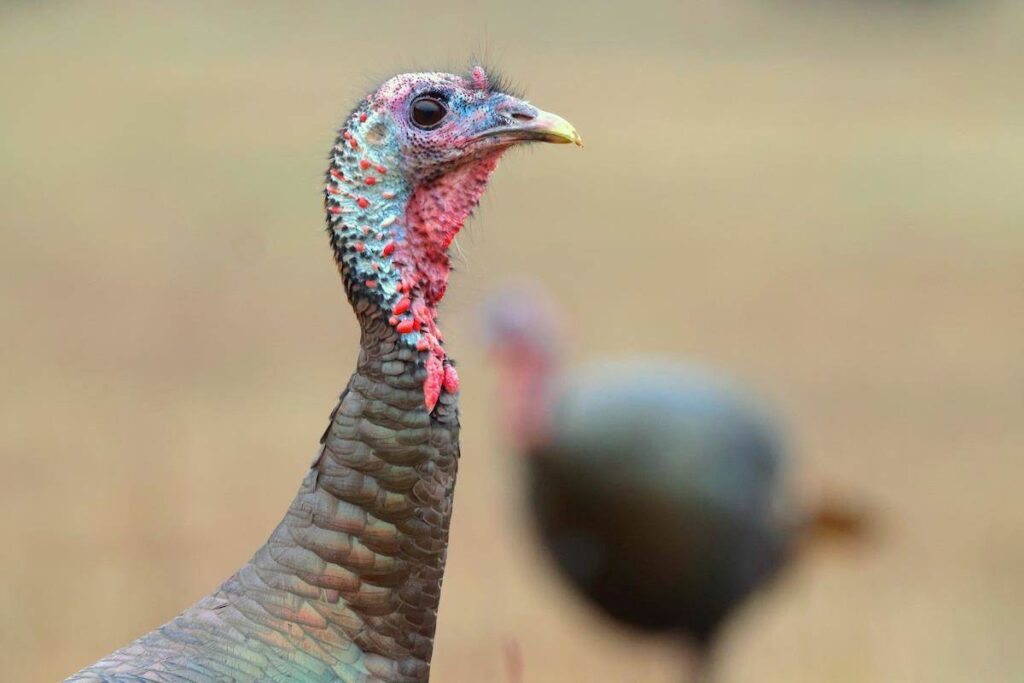
First Aid Every Hunter Should Know

Author: Realtree
Published: December 27, 2022
“Learn how to prepare and react when bad luck strikes with a vengeance
“That looks bad.” That was all I said as I looked at the blood gushing from my buddy’s hand. An hour earlier, he’d sunk an arrow in a Booner whitetail and got a little careless while field-dressing the deer. We typically open the ribcage to make the trachea easier to find, but this time, he understandably wanted to preserve more of the hide for a shoulder mount and tried to feel his way in there.
Two things worked in his favor. First, I was standing next to him when his blade slipped. Second, we were hunting on his back 40, right behind his house. His wife took him to the ER for 12 stitches on the base of his thumb while I finished his buck.
In hindsight, one thing stands out: how quickly we went from high-fiving and selfie-taking to almost crying and Sunday-praying. Luckily, our hunt was already finished, but it highlighted that our mortality can be as equally at risk as that of the animals we hunt — a fact some people don’t learn until it’s too late.
Dr. Steve Salyers has practiced medicine for more than 30 years. An orthopedic surgeon, the Kentucky native and Tennessee resident has extensive experience in sports injuries and trauma. He’s also seen his share of treestands, boats and blinds, and offered some advice on preventing bad situations from becoming disastrous.
A Little Housekeeping
“First of all, I would guess that far more hunters are killed in automobile accidents going to and from the field than actually suffer accidents while hunting or fishing,” Salyers said. “What would be normal health events in the field are also a tremendous risk because of how remote our hunting locations usually are. All of us that choose to spend time in nature need to go to our annual checkup and try to live a generally healthy lifestyle.”
Salyers said preventing something from happening is easier than fixing something that occurs.
“Your preparation to take an animal should be matched by your preparation to stay safe,” he said. “If you hunt alone, always tell someone exactly where you’re going to be. Share a pin with them, or give them a waypoint. Tell them when you’re going in and coming out. Let them know you made it safely to your stand or blind. Tell them when you’re about to climb down and when you made it to the ground. All these things can give a roadmap to first responders in the unlikely event you need help. We often address our hunting what-ifs, but we fail to do that with our health preparation and first aid.”
Salyers also shared specific treatments for some common outdoor injuries. However, it’s important to remember that although these treatments are potential solutions, every circumstance is unique. These applications might not be appropriate for everyone, and getting the right help is the most important step.”
To read the full article, click here.
Photo Credit: Original Author






No Comments